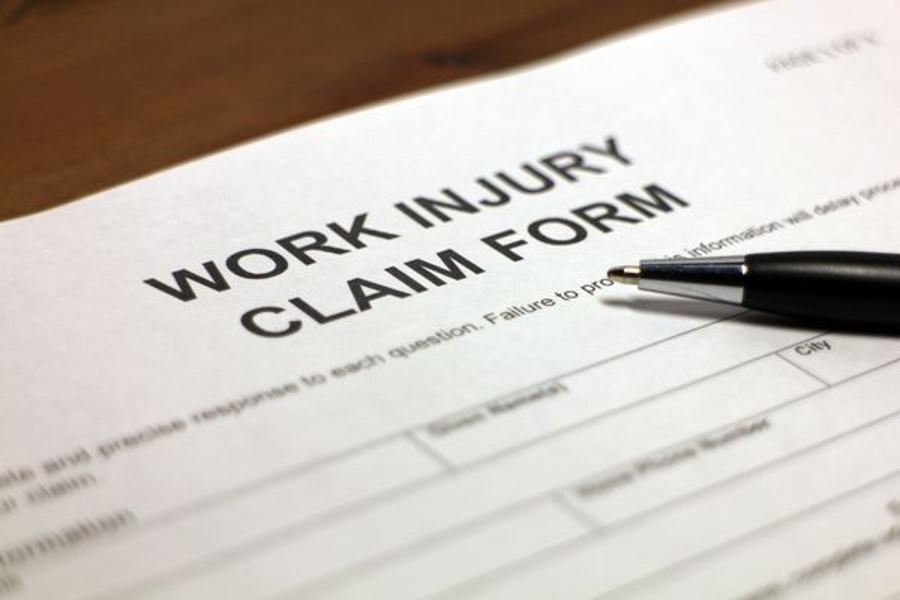The Commonwealth of Pennsylvania has recently approved emergency measures to the Pennsylvania workers’ compensation system effective immediately. One of these measures suspends a key provision, Section 413, of the Pennsylvania Workers’ Compensation Act relating to notification by an employer of a change in the status of a worker’s claim.
The Pennsylvania Department of Labor & Industry (DLI) stated the following on its website and in a press release:
As part of the on-going disaster declaration to address the spread of COVID-19, In alliance with the Governor’s objectives to mitigate the impacts of COVID-19 within the workers’ compensation system in Pennsylvania, the Governor has suspended Section 413 of the Workers’ Compensation Act (77 P.S. §§ 774.2 and 774.3).
Insurance carriers often file a Notification of Modification or Suspension when it believes an injured worker has returned to work. If the injured worker does not oppose this action within a certain time, the Notification of Modification or Suspension is legally effective as if the injured worker had agreed to the modification or suspension. Employers are normally required to swear or attest to the allegation that the return to work is true.
However, at the end of March, the need for the Notification of Modification or Suspension to have a notarized signature of the employer was removed, thus making it easier for insurance carriers to reduce or end the benefits of injured Pennsylvania workers.
With the most recent changes, an insurer may modify the compensation payments made during the time the employee has returned to work at earnings less than the employee earned at the time of the work-related injury, merely upon written notification of modification by the insurer to the employee and the DLI.
Prior to the suspension of § 413, this code section contained the following requirement:
“The notification of modification shall include an affidavit by the insurer that compensation has been modified because the employee has returned to work at lesser earnings. The insurer must mail the notification of modification to the employee and the department within seven days of the insurer’s modifying compensation.”
However, insurers are now only required to make the notification of suspension or modification on a form prescribed by the department specifically for this purpose. The insurer is then only required to mail the notification of modification to the employee and the DLI within seven days of the insurer’s modifying compensation.
The employee who contests the change in status must request a special hearing before a workers’ compensation judge within twenty days of receipt of the notification of modification from the insurer. The special hearing must be held within twenty-one days of the employee’s filing of the notification of challenge.
If the employee does not challenge the insurer’s notification of modification within twenty days, the employee is deemed to have admitted to the return to work and receipt of wages at lesser earnings as alleged by the insurer. The insurer’s notification of modification is then deemed to have the same binding effect as a fully executed supplemental agreement for the modification of benefits.
Pennsylvania has also suspended Section 449 of the Workers’ Compensation Act (77 P.S. 1000.5). Compromise and Release Agreements are no longer required to be attested by two witnesses or a notary public for the duration of the Governor’s disaster declaration.
While the suspension of Sections 413 and 449 are intended to move the workers’ compensation docket forward and theoretically serve the needs of employers and workers alike, Pennsylvania workers must vigilantly protect their rights to ensure that they are not unlawfully being denied crucial workers’ compensation benefits during stressful financial times.

